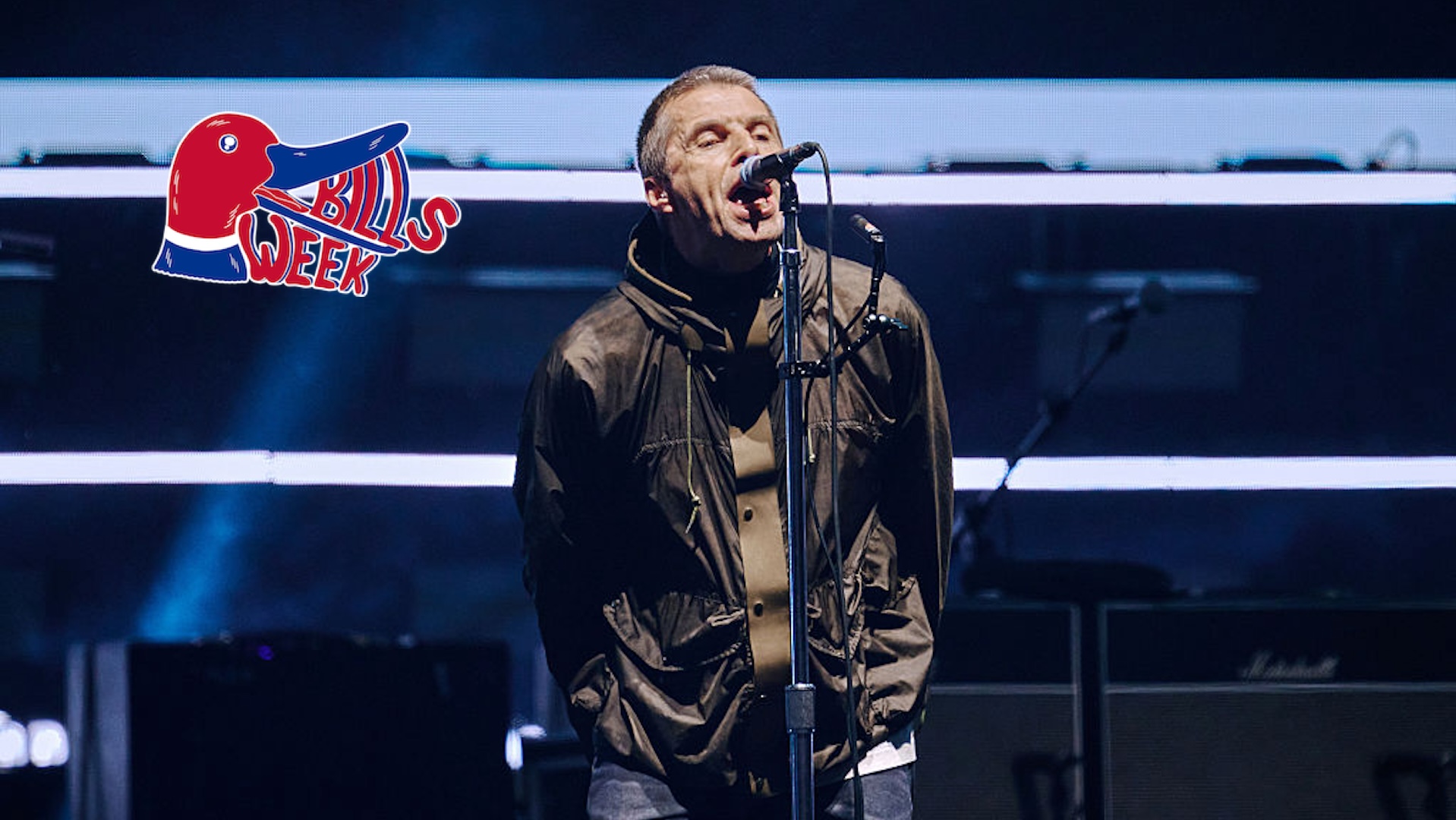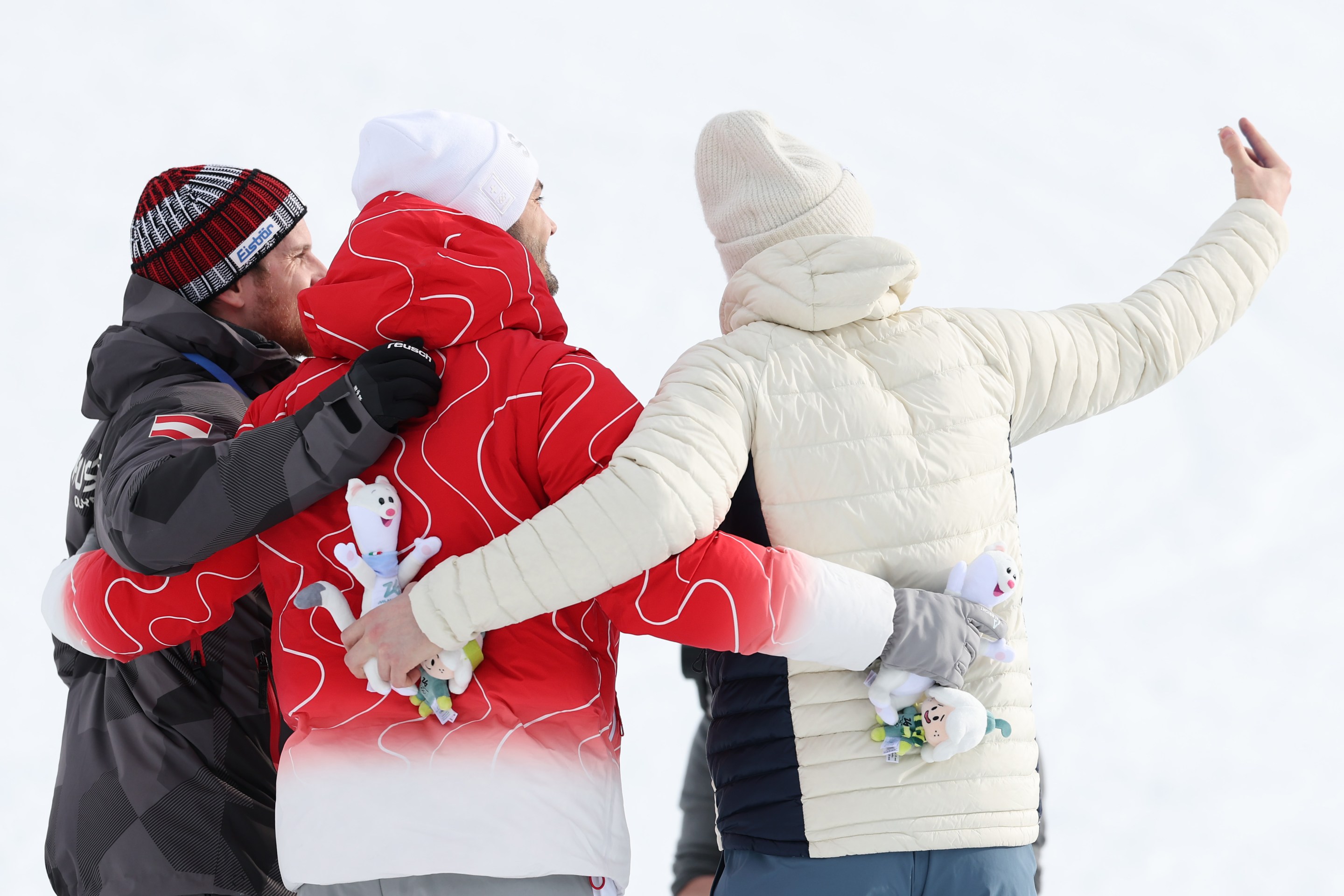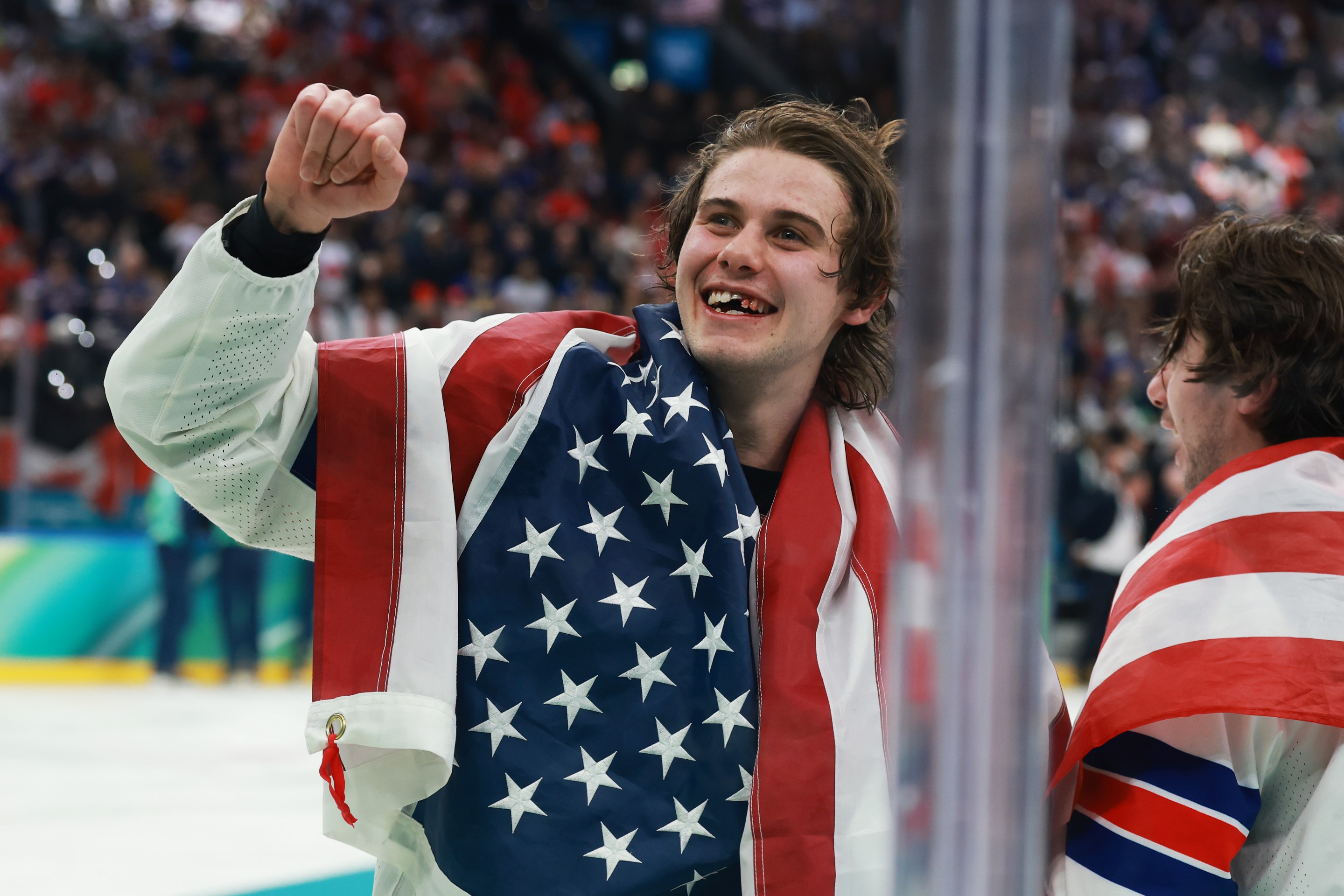Liam Gallagher won out over Liam MacCarthy. And so the All-Ireland hurling final, traditionally a fall classic, will be played this weekend at Croke Park in Dublin, as the hallowed Dublin stadium gears up for Oasis reunion shows.
But seasonal shift or no, Cork vs. Tipperary promises to be a supernova of a tilt, and the toughest ticket in town, notwithstanding the upcoming concerts from the reunited Manchester band, led by Liam and Noel Gallagher. This is a mashup of historic hurling powerhouses.
Cork has won 30 All-Irelands since its first championship in 1890, but the Rebel County hasn’t taken a Liam MacCarthy Cup since 2005, the longest non-title skein in its history. Cork lost last year’s final to Clare in an extra-time thriller, among the more devastating defeats and greatest games in memory. Tipperary, which has won 28 championships all-time, got to this year’s final by knocking out the kings of intercounty hurling, Kilkenny, two weeks ago. Based on that performance, and perhaps also because the squad’s managed by a guy named Liam (Cahill), Tipp are currently slightly favored by punters to extend Cork’s cup famine. Galway’s Liam Gordon will referee this year’s final.
The All-Ireland hurling final was played every September for more than a century. The Gaelic Athletic Association began fiddling around with the date of the national tournaments of hurling and football, pastimes followed with religious fervor on the island and ignored the rest of the world over, over the last decade. The organization attributed the rescheduling to a need to deemphasize national inter-county competitions to give more time in the fall for local clubs' playing schedules. So the All-Ireland finals have been held mid-summer since 2022. The reception to the condensed All-Ireland competitions that resulted from the shift has never been favorable, with players and their advocates citing injuries and overall fatigue from too many games in too short a time period. The clamoring to go back to the traditional dates began immediately and only got louder.
But GAA president Jarlath Burns admitted last year that the return was a no-go, at least in the short term. The primary reason: The GAA had already agreed to rent out Croke Park for multiple Oasis shows in August of 2025. That meant the big stadium would not be available for preliminary rounds of the All-Ireland tournament.
Croke Park is more than just another stadium to the Irish. It’s closer to a temple, and since opening in 1884 served not only as a top-flight sporting venue but also as a breeding ground for Irish nationalism in the face of British occupation and oppression. GAA members were steered toward hurling and football and forbidden from playing soccer, cricket or rugby, sports that Irish rebel leader Michael Collins called “garrison games” because they were introduced to Ireland by the occupying oppressors. In the late 19th century, the GAA put that in writing by promulgating the bylaw formerly known as Rule 42, which mandated that Croke Park and all other Gaelic grounds under its control “shall be used only for the purpose of or in connection with the playing of the Games controlled by the Association.” So hurling and football were all that mattered to real Irish.
In return, the evil Brits looked at anybody who showed up at Croke Park as the enemy: In November 1920, after the killing of several British spies as part of a plot masterminded by Collins, armed forces showed up at Croke Park during a football game and gunned down fans and even a player from Tipperary named Michael Hogan. The slaughter is remembered as the original Bloody Sunday.
(Bizarre but true: Collins only became a leader of the Irish revolt against British tyranny on the prodding of Liam MacCarthy, the guy who hurling’s coveted cup is named after.)
Given that backstory, it’s not too shocking that the GAA only rarely didn’t abide by the letter of its very provincial law: Though Dublin is home of the oldest rugby club in the world (born at Trinity College in 1854), the first rugby match wasn’t held at Croke Park until February 2007. The soccer prohibition was lifted just one month later.
Opening up the GAA’s big house (with a capacity over 82,000) to non-homegrown events was hugely controversial but also hugely profitable, which is why the organization applied its nationalistic edicts with increasing looseness over time. Pop concerts have come to Croke Park with regularity in recent years, and the stadium will host its first professional American football game in September, when the Pittsburgh Steelers face the Minnesota Vikings. Last year, when talk about going back to the fall final was loudest, Burns was adamant that the organization couldn’t afford to lose euros that would be caused by moving the quarterfinals and semifinals, or the big concerts from Croke Park.
The GAA has reinstalled a traditional replay rule for this year’s All-Ireland hurling final. Unlike last year, should the two teams be tied at the end of regulation, the whole game will be replayed on Aug. 3. That will still leave plenty of time to get the place ready for Oasis.
Finally, to ease the hurt any Irishman feels over the shift of this year’s final to appease a foreign rock band: The Gallagher boys’ mom was born in Mayo and their dad in Meath. And Liam’s real name is William.






